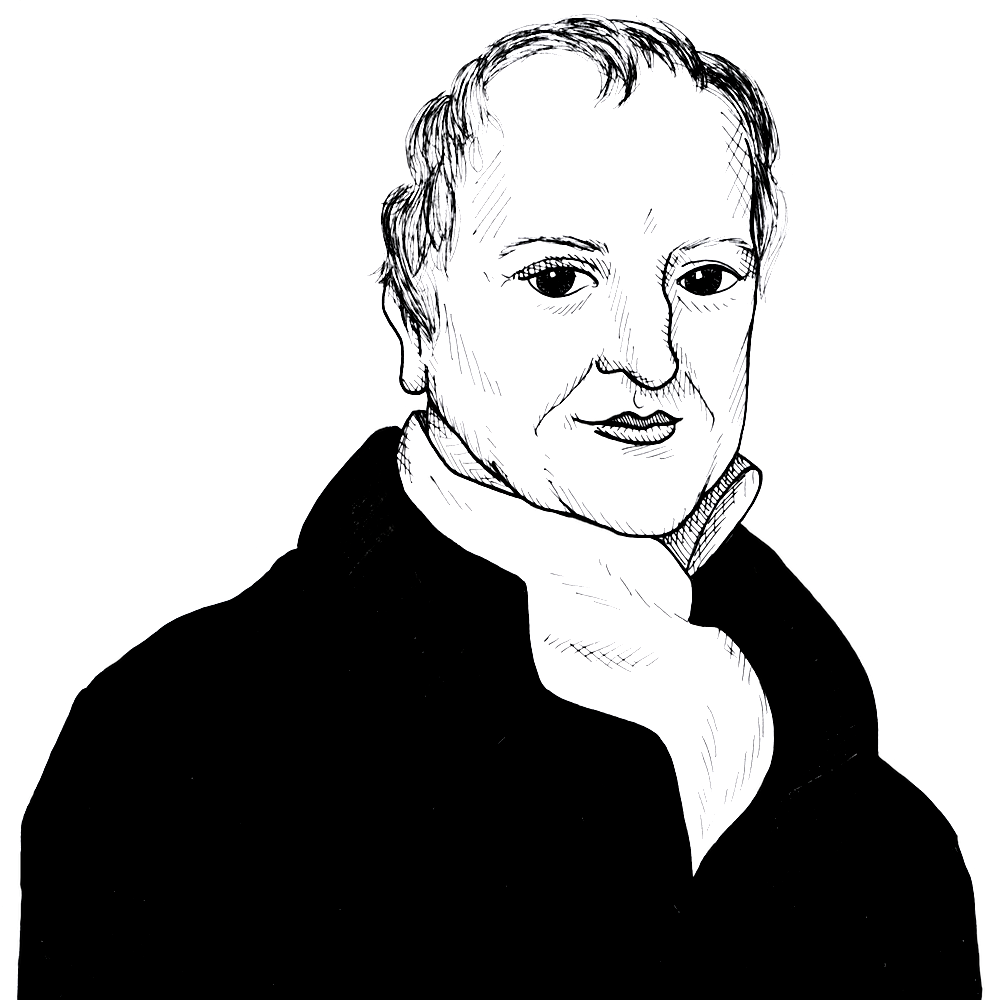
David Ricardo considered taxation to be a “great evil” which hindered the accumulation of productive capital and reduced consumption (1817)
Found in: The Works and Correspondence of David Ricardo, Vol. 1 Principles of Political Economy and Taxation
In Chapter VIII “On Taxes” on page 152, David Ricardo reflects on the impact of taxation and concludes:
Taxation
There are no taxes which have not a tendency to lessen the power to accumulate. All taxes must either fall on capital or revenue. If they encroach on capital, they must proportionably diminish that fund by whose extent the extent of the productive industry of the country must always be regulated; and if they fall on revenue, they must either lessen accumulation, or force the contributors to save the amount of the tax, by making a corresponding diminution of their former unproductive1 consumption of the necessaries and luxuries of life. Some taxes will produce these effects in a much greater degree than others; but the great evil of taxation is to be found, not so much in any selection of its objects, as in the general amount of its effects taken collectively.